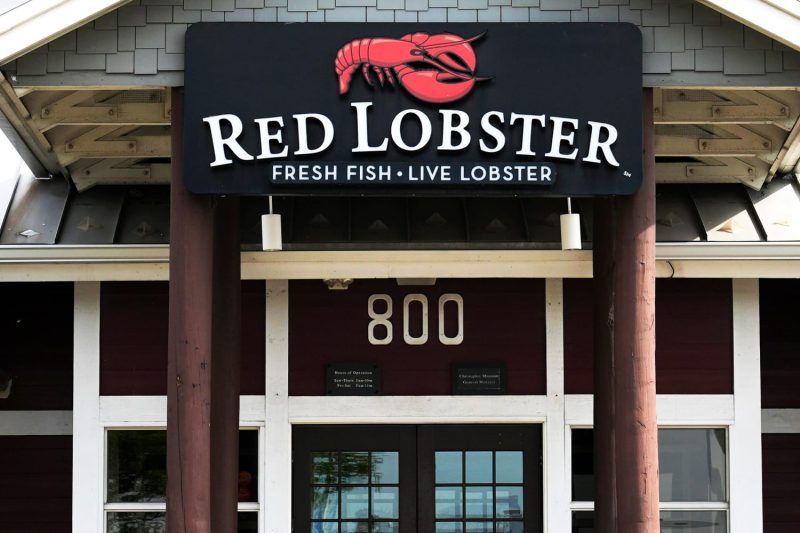The acquisition of Red Lobster by Golden Gate Capital in 2014 set off a chain of events that significantly impacted the popular seafood chain. The private equity firm’s involvement in the company brought about a series of changes that diverged from the brand’s traditional identity and values. While the endless shrimp promotion was often seen as a signature offering from Red Lobster, it was not the main culprit behind the decline in its performance.
Golden Gate Capital’s strategy after acquiring Red Lobster focused on cost-cutting measures and operational efficiencies to maximize profits. In this pursuit, the private equity firm made substantial changes to the way Red Lobster operated, which had both short-term and long-term implications for the business.
One of the key areas where Golden Gate Capital made changes was in the sourcing of seafood. By shifting towards lower-cost imported seafood, Red Lobster sacrificed the quality and freshness that customers had come to expect from the brand. This decision undermined Red Lobster’s reputation as a trusted seafood provider, leading to a decline in customer satisfaction and loyalty.
Moreover, the private equity firm’s emphasis on cost-cutting measures affected the overall dining experience at Red Lobster. Reports indicate that staffing levels were reduced and employees were asked to take on additional responsibilities, leading to decreased service quality and customer satisfaction. These changes eroded the unique dining experience that customers associated with Red Lobster, further contributing to its decline.
In addition to operational changes, Golden Gate Capital’s decision to sell Red Lobster’s real estate assets and lease them back added a significant financial burden to the company. This move increased Red Lobster’s debt levels and rental expenses, impacting its financial flexibility and profitability.
Ultimately, the transformation of Red Lobster under Golden Gate Capital’s ownership highlights the challenges that arise when private equity firms prioritize short-term financial gains over the long-term sustainability of a business. By neglecting the core values and customer expectations that defined Red Lobster, the private equity firm eroded the brand’s competitive advantage and jeopardized its future success.

